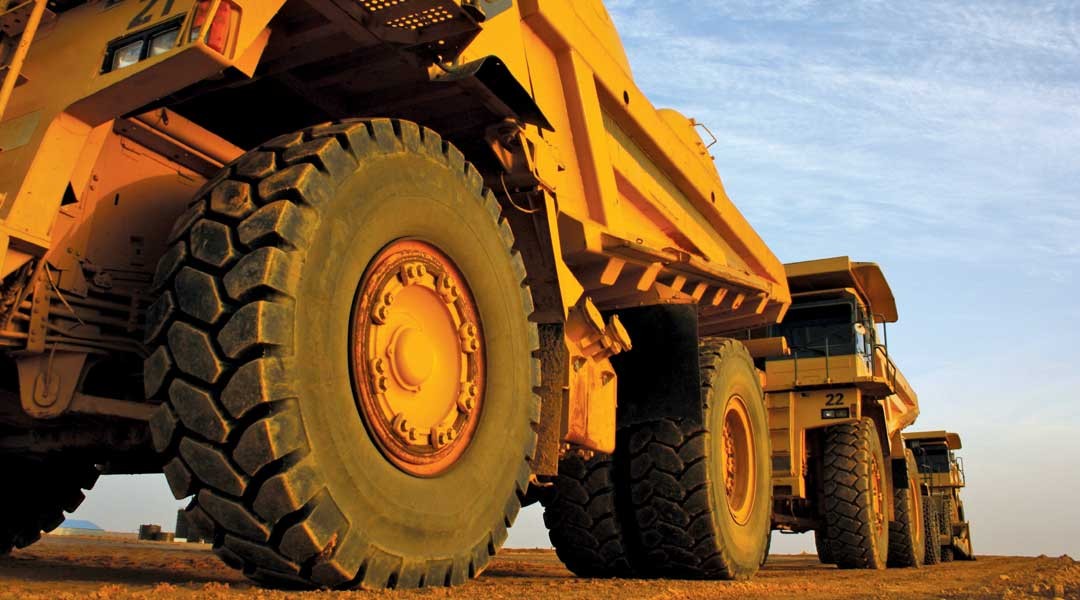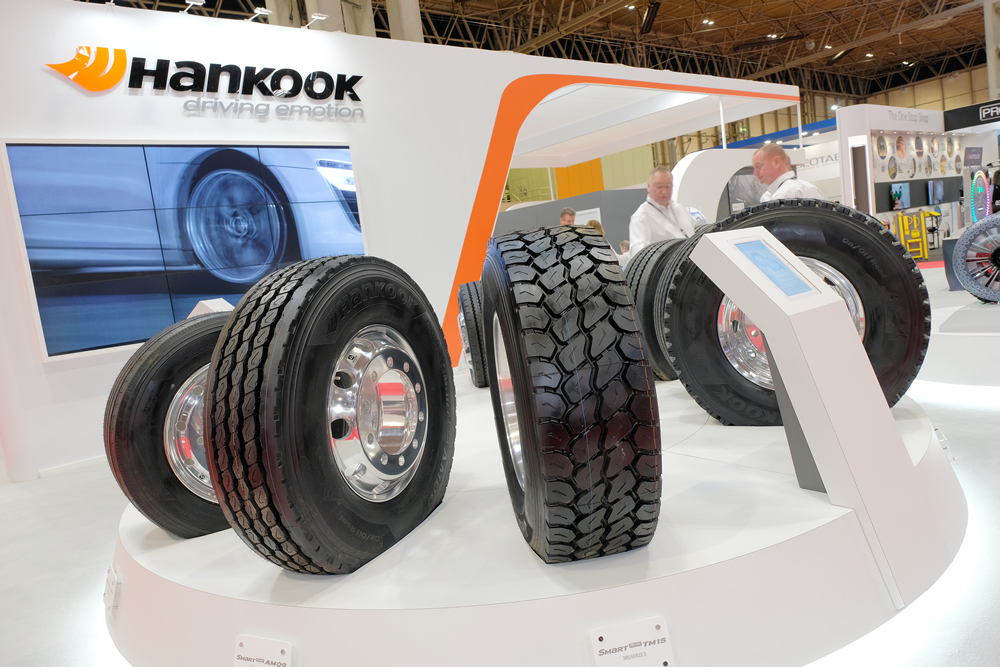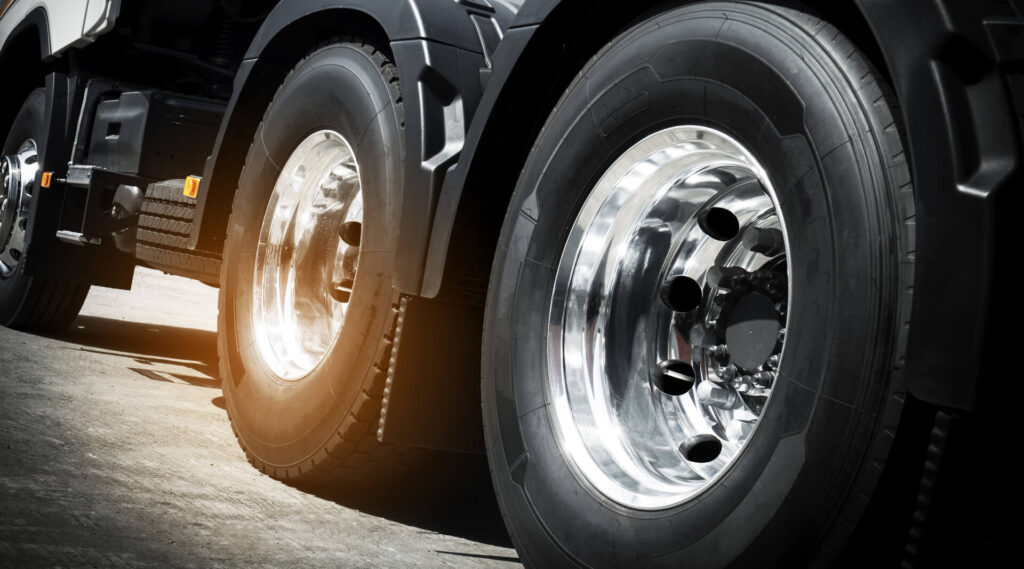Uncategorized
How to Pick the Best Truck Tires for Your Vehicle
How to Pick the Best Truck Tires for Your Vehicle
Ready to conquer any terrain with confidence? Choosing the right truck tires is a crucial decision that can enhance your driving experience and keep you safe on the road. This guide will break down everything you need to know to pick the perfect tires for your truck, so buckle up and let’s get started!
Understanding Tire Size and Ratings
Understanding tire size and ratings is crucial when selecting the best tires for your truck. The numbers on the sidewall may seem cryptic, but they hold key information about the tire’s dimensions and capabilities.
**Tire Size:** This includes width, aspect ratio, and wheel diameter. Choose the correct size recommended by your vehicle manufacturer for proper fitment and performance.
**Tire Ratings:** These indicate load-carrying capacity and speed capability. The load index represents weight capacity, while the speed rating shows the maximum safe speed. Matching these ratings to your driving needs is essential for optimal safety.
Consult your vehicle manual or a professional to understand these numbers and make informed decisions that meet both your vehicle’s requirements and your driving preferences.
Different Types of Truck Tires
A key consideration when choosing truck tires is selecting the right type for your driving needs. Here are the main categories:
**All-season tires:** Versatile for various year-round road conditions, offering a balance of performance in wet and dry weather.
**Winter tires:** Designed for optimal traction and handling in snow, ice, and cold temperatures with specialized tread patterns for improved grip on slippery surfaces.
**Off-road tires:** Ideal for adventurous drivers who tackle challenging terrains like mud, gravel, or rocks. These rugged tires boast deeper treads and reinforced sidewalls for off-road durability.
Assess your typical driving environment to choose the type that best suits your needs.
Assessing Your Driving Needs and Terrain
To choose the best truck tires, it’s crucial to assess your driving needs and the terrain you’ll encounter. Are you mainly on highways, or do you venture off-road?
**Winter roads:** Opt for winter tires with specialized tread patterns for improved cold-weather traction.
**Rough off-road terrain:** Choose all-terrain or mud-terrain tires with aggressive treads for better grip and durability.
Consider factors like weight your truck typically carries, trailer towing frequency, and desired tire lifespan. High-quality materials like reinforced rubber compounds enhance durability, saving you money in the long run.
Considerations for Load Capacity and Weight Rating
Load capacity and weight rating are crucial factors when selecting truck tires. The load index indicates the maximum safe weight a tire can support. Choose tires that match or exceed your vehicle’s recommended load capacity.
Exceeding the weight limit can lead to accelerated wear and tear, compromising safety. Check your vehicle manufacturer’s guidelines for the appropriate load range when selecting new tires.
Consider how you typically use your truck. If you frequently haul heavy loads or tow trailers, opt for tires with a higher weight rating for optimal performance under varying conditions.
Durability and Longevity: Choosing the Right Material for Your Tires
Durability and longevity are key factors when selecting truck tires. The tire material plays a significant role in its performance and lifespan.
Opt for high-quality materials like advanced rubber compounds to enhance durability and resistance to wear and tear. These materials are designed to withstand various road conditions, ensuring a longer lifespan for your investment.
Look for features like reinforced sidewalls or special tread designs that contribute to the overall strength and longevity of the tire. These aspects improve performance and increase the tire’s ability to handle heavy loads or challenging terrains.
Choosing tires made from durable materials ensures better traction, stability, and overall safety on the road. Remember, investing in quality now can save you time and money in the long run by reducing frequent replacements




